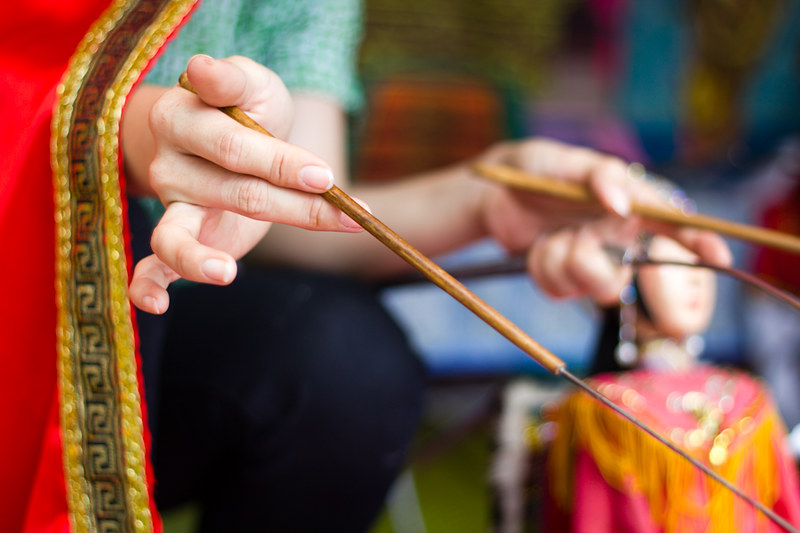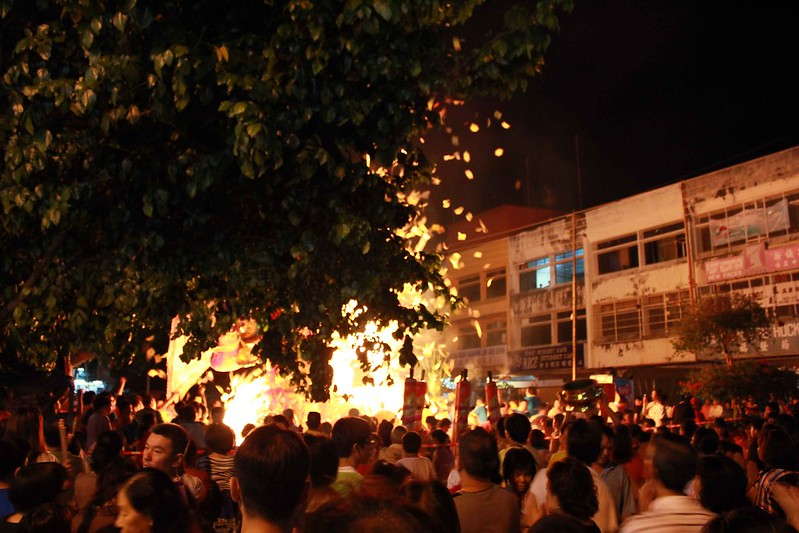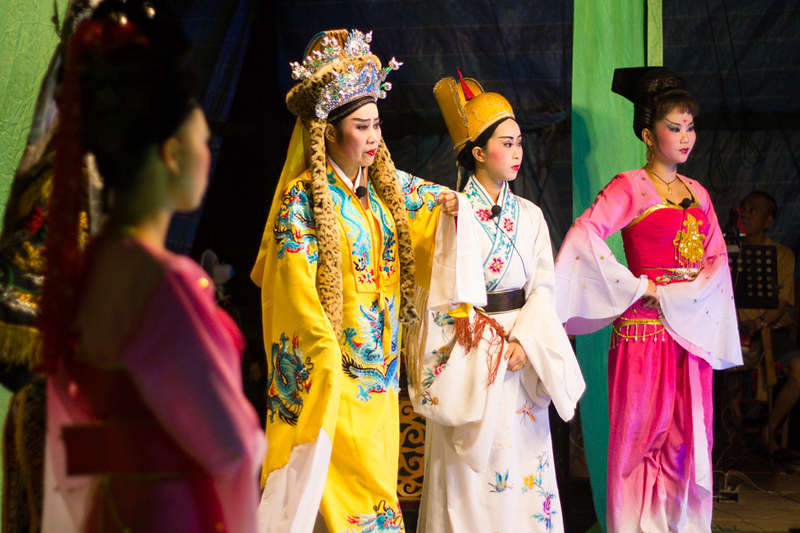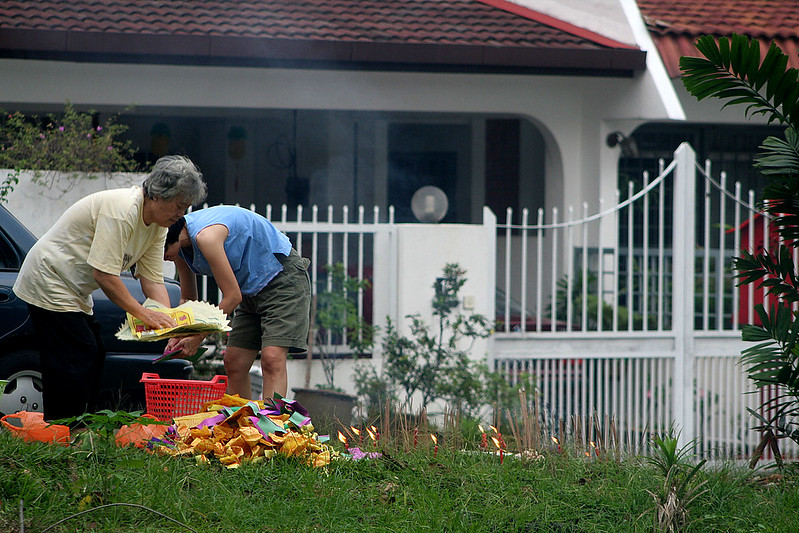In a nation where festivities are the life of communities, the new era of social distancing forces some traditions to be forsaken.
In Malaysia, a country known to be in the world’s top 10 for its sheer number of public holidays, celebrating these festivals has had to adapt to new reality with the pandemic.
Already, major celebrations such as Hari Raya Adilfitri, Hari Gawai, and Hari Raya Haji had to be massively scaled down, with house parties and cross-country travelling barred. While leniency to these emergency laws were granted in the passing of the Recovery Movement Control Order, many had already been ingrained with health-conscious precautions and continued socially distancing on their own.

Now, what usually is a grand tradition for the practicing Buddhist and Taoist communities to come together and honour their ancestors has had to be drastically minimalised this year, with celebrations toned down. The merriment of the community Chinese theatre performances, banquets, and karaoke sessions were noticeably missed; and the customary burning of joss sticks and effigies were quietly performed in small batches.
Definitely there were some who chose to completely resume the way of life they were accustomed to before the word ‘pandemic’ was in such common usage, but a 100% compliance rate is unrealistic.

For the most part, people have been trying to get with the ‘new normal’. The Yee Lan Festival Association of Bangsar (which has been running for over 30 years) set a precedent during earlier celebrations to shift focus to more charity and prayer instead of banqueting.
But a festival without festivities certainly is a hard tradition to get into, especially for those who value community spirit and family time. The ‘new normal’ in the still-ongoing pandemic encourages careful contact and cleanliness, but also impacts quintessential Malaysian traditions such as open house visits and whole-day gatherings.
On a more serious note, cultural practices such as the traditional theatre performances — already in a tight situation as disinterest in younger generations discourage production — threaten to go extinct due to lack of practice. The act of offering prayer is also seemingly at stake, as newer generations forsake the religious habit as part of a generational gap issue.

You may be surprised to find out that Malaysia is possibly the only country that observes roadside prayers during this season, despite plenty of Buddhist and Taoist practices all over the world! The exact origin of the practice is hard to determine, but outdoor offerings are usually dedicated to the ‘forgotten’ souls; those without a place on the familial altar indoors.
Such community spirit extended to even those without relation should not be lost, as superstition is still rooted in good intention. Preserving these traditions takes the effort of everyone, so get to practicing those old rituals alongside the new.
"ExpatGo welcomes and encourages comments, input, and divergent opinions. However, we kindly request that you use suitable language in your comments, and refrain from any sort of personal attack, hate speech, or disparaging rhetoric. Comments not in line with this are subject to removal from the site. "























